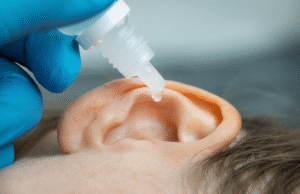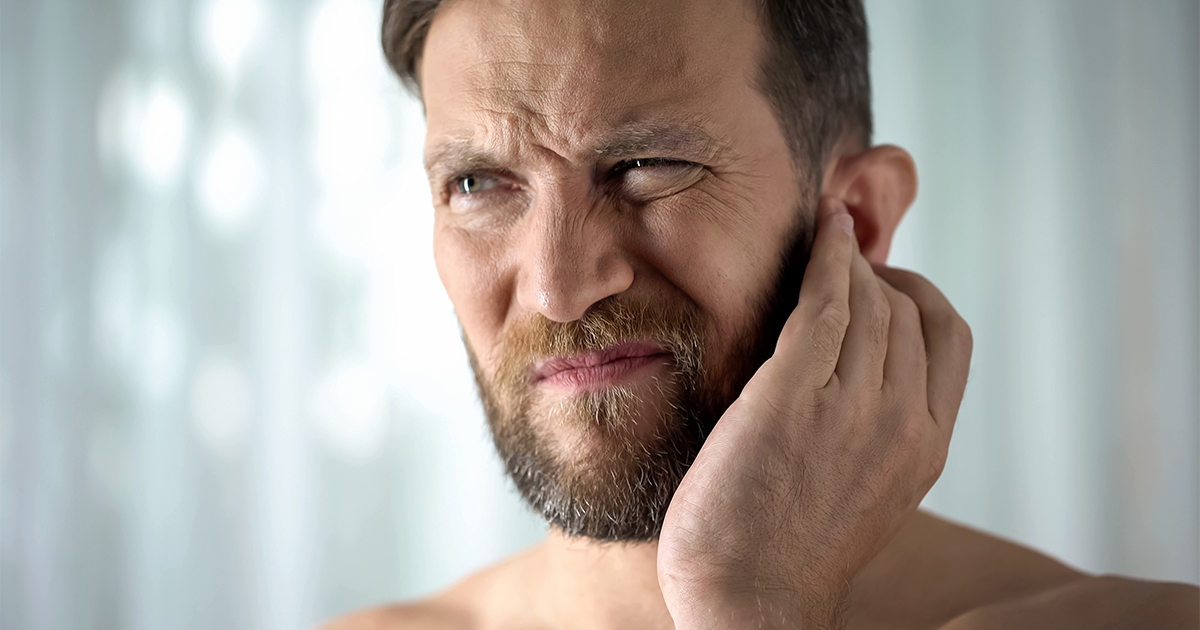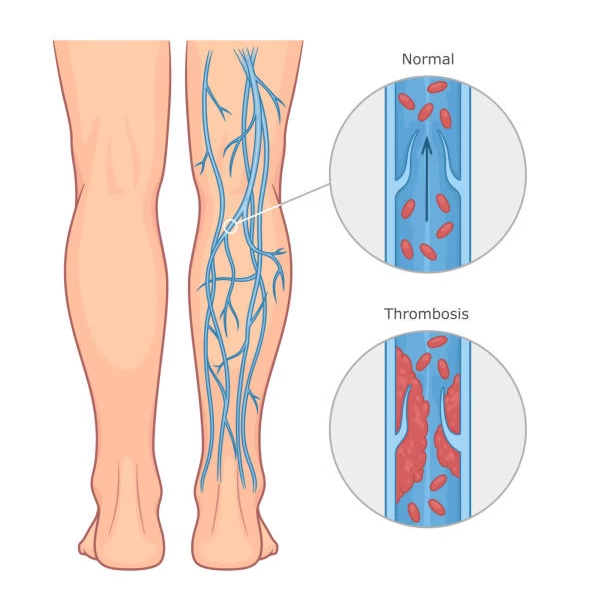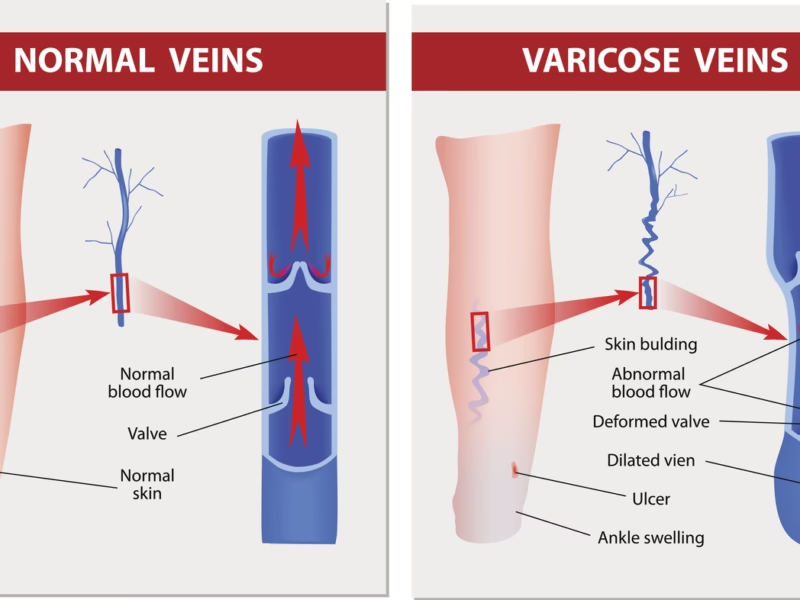We’ve all felt it—that itchy ear that seems to come out of nowhere. Whether it’s a fleeting irritation or a persistent problem, itchy ears can be surprisingly uncomfortable. One of the most common culprits? Earwax buildup.
In this article, we’ll explore what causes ear itchiness, how earwax plays a role, the best ways to remove blockages, and home remedies for itchy ears that actually work.
Why Do Ears Itch?
The sensation of an itchy ear canal can stem from various reasons. While it’s usually harmless, chronic itchiness could indicate an underlying issue.
Common causes include:
- Excessive earwax buildup
- Dry skin in ears
- Allergic reactions
- Ear infections
- Regular use of earbuds or hearing devices
- Overcleaning or scratching the ear canal
Earwax: A Protective Player Turned Problem
The glands in your ear canal naturally produce earwax (cerumen) to:
- Trap dust and debris
- Prevent infections
- Keep the ear canal lubricated
But when there’s too much of it—or when it gets pushed deep into the canal by cotton swabs—it can cause itching, discomfort, or even temporary hearing loss.
What Causes Ear Wax Build Up?
Many adults are unaware of what leads to excessive earwax. Here’s what contributes to it:
- Inserting cotton swabs or bobby pins into the ear (which can push wax further in)
- Wearing earbuds or hearing aids regularly
- Naturally narrow or curved ear canals
- Increased hair growth in the ears
- Dry skin conditions like eczema or psoriasis affecting the ear or surrounding area
Understanding what causes ear wax build up helps you take steps to avoid it before it becomes a recurring issue.
Symptoms of Earwax Blockage
You may be dealing with a blockage if you notice:
- Constant itchy ears
- A full or plugged sensation
- Ringing in the ear (tinnitus)
- Diminished hearing ability in one or both ears
- Earache or discomfort
In some cases, untreated buildup can lead to ear infections, which may require professional treatment.
Earwax Blockage Removal: Safe Methods

For safe and effective earwax blockage removal, skip the cotton swabs and try these options instead:
- Ear Drops
Over-the-counter carbamide peroxide drops can soften hardened wax, making it easier to drain out naturally.
- Warm Water Irrigation
A gentle rinse using body-temperature water (ideally with a bulb syringe) can flush out loosened wax. Never use high-pressure devices or cold water.
- Professional Cleaning
If blockage persists, a doctor can remove it using special tools or suction. If you’re uncertain, this is the most reliable and safest option.
Home Remedies for Itchy Ears
Before rushing to the doctor, you might try a few home remedies for itchy ears:
- Warm olive or coconut oil: A few drops can help moisturize dry skin in the ears and ease irritation.
- Aloe vera gel: Known for calming inflammation, it can ease allergic itch.
- Diluted vinegar + rubbing alcohol: Helps with bacteria and moisture, but only if there’s no open wound.
- Avoid scratching or inserting objects: This only worsens irritation and may cause injury.
Always test for allergic reactions and avoid remedies if you suspect an infection.
Itchy Ears and Dry Skin: What’s the Link?
Sometimes the itch isn’t caused by wax, but by dryness. People with eczema, psoriasis, or general dry skin in ears may experience constant irritation.
Tips to relieve dry ears:
- Use mild moisturizers or hypoallergenic ear drops
- Avoid over-washing your ears
- Stay hydrated to improve skin health overall
How to Prevent Ear Wax Build Up in Adults
Prevention is key. To reduce the need for frequent cleanings or treatments:
- Avoid inserting cotton swabs into your ear canal
- Wipe the outer ear gently with a damp cloth, avoiding the inner canal
- Apply ear drops routinely if you tend to accumulate earwax
- Protect your ears from water during showers and swimming
- Take breaks from earphones to give your ears room to breathe
Knowing how to prevent ear wax build up in adults can help maintain ear health and avoid future discomfort.
When to See a Doctor
Seek medical advice if:
- Itchiness persists despite home care
- You notice fluid drainage, bleeding, or a foul smell
- Your hearing suddenly drops
- You experience severe conjunctivitis pain in combination with ear issues (could be sinus or allergy-related)
A healthcare professional can determine if it’s a wax problem, skin condition, or infection.
Final Thoughts
Itchy ears can be more than just an annoyance—they may point to underlying issues like wax buildup, dryness, or infection. By recognizing the symptoms and using safe cleaning techniques, you can avoid discomfort and protect your ears.
Remember, your ears are self-cleaning wonders, not tunnels for cotton swabs. Stick with safe habits, be gentle, and when in doubt, consult a pro. Your hearing will thank you.


